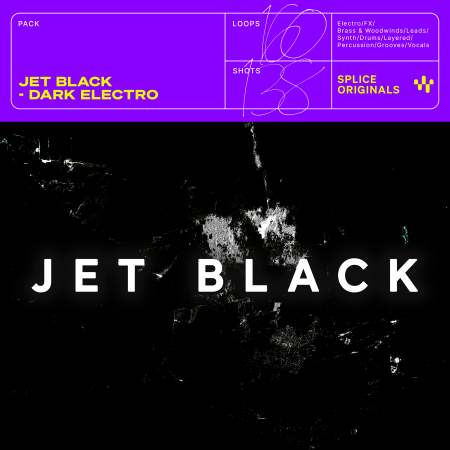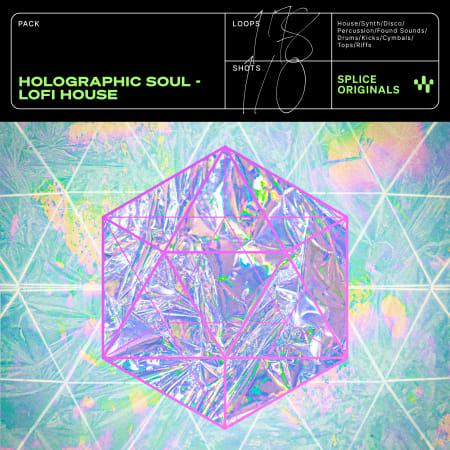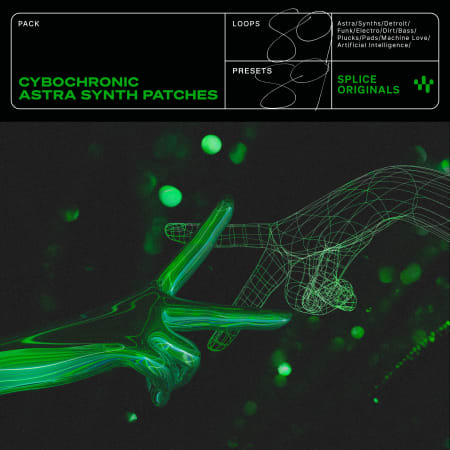This pack pays homage to the minimalist sounds and visuals of the late ‘60s and early ‘70s Germany, pairing back to the basics of the earliest synths while injecting a taste of early French electro-pop.
German technicians and musicians such as Karlheinz Stockhausen were among the first to develop, build, and use electronic sound generators or synthesizers as far back as the 1950s. Artists like Kraftwerk brought these technologies - and the early synths from the US - into the mainstream, merging the German sounds of prog rock with techno influences from Chicago and Detroit. They trailblazed an entirely new electronic music scene, swapping influence with minimalist electronic composers like Eno and Reich.
An NPR article stated, “... even as the imagery and allusions harked back to the lost futurism of early 20th Century movements like Suprematism and Bauhaus, the music itself pushed forward into the future. Kraftwerk was inventing the '80s, building the foundations of synth-pop and sequencer-propelled club music. … Crucially, it was music stripped of individualized inflection and personality, no hint of a solo or even a flourish. ‘We go beyond all this individual feel,’ Schneider told Sounds. ‘We are more like vehicles, a part of our mensch machine, our man-machine. Sometimes we play the music, sometimes the music plays us, sometimes... it plays.'"
Meanwhile, in the late 1960s French underground scene, progressive musicians such as Magma, Amê Son, Gong, and Heldon were fusing elements of rock, jazz, and compositional music to inspire cultural change among French audiences and create a new form of popular music that would eliminate social boundaries [Source: PopMatters].
Though in 1960s France, technological innovations and early synthesizers were only available to the cultural elite, that changed in the 1970s with the introduction of the Minimoog and Arp Odyssey. With this new access to these instruments, musicians continued to blend the traditional French conceptions of high and low art with the influence of sci-fi. While some French electronic artists leaned toward the elaborate, heavily influencing early disco music, others took a page from West German artists with a focus on minimalist compositions.





